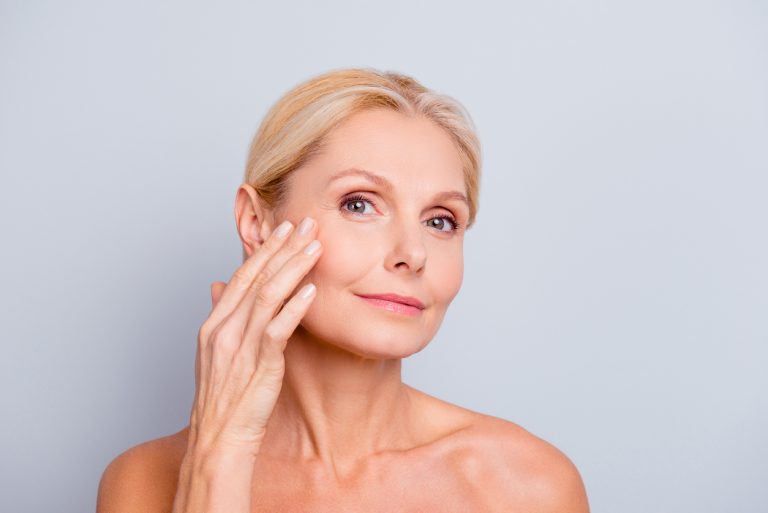
How menopause affects your body
Menopause is a process that will happen to all women at some point in their life. It is the time when you stop experiencing your monthly period, and it is most often the end of the reproductive lifecycle.
Dr Michael Rich is a specialist dermatologist who has been performing tumescent liposuction for over 30 years. Find out if Liposuction is suitable for you at ENRICH Clinic.
At ENRICH Clinic, we have a wide range of dermatological and cosmetic body treatments tailored to individual body and patient needs.
At ENRICH Clinic, our treatments are performed by our medical team consisting of doctors, nurses, and dermatologists and are tailored to each patient’s skin health needs.
ENRICH Clinic is committed to your skin health and well-being with a range of dermatological & cosmetic treatments tailored to the individual. Our treatments are performed by our medical team consisting of doctors, nurses, and dermatologists.
Skin health is essential for everyone. ENRICH Clinic has a wide range of technologies and dermatological solutions to help you achieve your skin care goals.
Alopecia is a general term for hair loss. There are many reasons for hair loss, ranging from stress, to drug reactions, pregnancy and many more. However, today we are talking about the autoimmune disorder alopecia areata.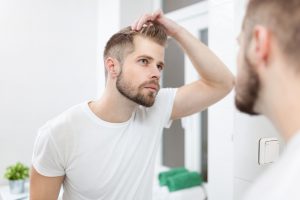
Alopecia areata is an autoimmune disorder that causes hair to fall out. This hair loss usually presents as clumps that vary in shape and size. It can be confined to one area but can also be in multiple areas. There are many variables for different people. For some people, the hair will grow back permanently; for others, it will come back and fall out again, while for some, it simply will not grow back.
There are many things you need to know about alopecia. This article explores who can get alopecia, the different types of alopecia, the symptoms, the diagnosis, and how to treat it.
In short, anyone can develop a form of alopecia. Hair or skin colour does not significantly impact your predisposition to any type of alopecia. Around one in 50 people will experience some form of alopecia in their lifetime. For context, this translates to around 150 million people worldwide. So if you have alopecia, you certainly aren’t alone! People are usually first affected after the age of ten and generally before the age of 40.
There are a number of different types of alopecia areata, which reflect just how varying hair loss can be in location and amount.
Hair loss is the most common symptom of alopecia areata and is often the only symptom. There are a number of indicators that you might be suffering from alopecia. They include small bald patches on any body part, which sometimes get larger and join each other into a larger bald section. Sometimes you might lose a lot of hair in a short space of time, which can be in different parts of the body. Often the hair loss will increase in colder weather.
Symptoms outside of hair loss can include changes to your fingernails and toenails, such as brittleness and redder colour. They might also become rough or lose their shine. Despite no rash or redness in the skin, it is common to feel itching, tingling or even a burning sensation just before the hair falls out.
There are also some signs within your hair itself that can indicate alopecia. These can include:
Roughly 30% of people with alopecia will eventually see their hair loss become extensive or even fall out and regrow in a continuous cycle. Whilst nearly half of the people who develop alopecia will see their hair return in full within a year, the other end of the spectrum sees hair not returning at all. Around 10% of people with alopecia will eventually develop alopecia totalis or alopecia universalis.
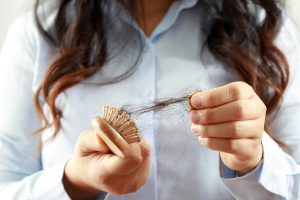
As an autoimmune disease – which refers to your immune system attacking your body – alopecia attacks your hair follicles. Alopecia is believed to be a genetic disease. As such, those with relatives who have alopecia are more likely to have the condition themselves. In addition, people with down syndrome, seasonal allergies or asthma are also more likely to have alopecia.
Alopecia can also be caused by stress and hormonal factors. For example, significant physical or emotional stress can lead to thinning in the hair or even hair loss in patches. In many such cases, hair will grow back within a few months. Pregnancy, childbirth and menopause also lead to alopecia quite often.
Other factors such as burns or injury can cause alopecia. Iron or protein deficiency, excess Vitamin A intake, and even rapid weight loss are all factors that can lead to alopecia.
There are some myths about hair loss as well. No, having dandruff or wearing hats will not cause you to lose your hair; it is not a form of cancer, and it is NOT contagious!
You should see a dermatologist if you think you have any form of alopecia. This way, you can discuss your symptoms with an expert, who will go through the relevant processes. These can include testing how easily hair comes out of your skin, checking your fingernails, or in rare cases, performing a biopsy. This is the removal and study of a small section of your skin.
But generally speaking, diagnosing alopecia is a very straightforward process. Biopsies and further tests are rare because alopecia symptoms are so distinctive that doctors can usually diagnose it without further extensive examination.

Alopecia areata cannot be cured, but it can be managed with the right treatment. The good news is it’s possible you grow back hair that has fallen out.
There are a number of different medications and treatments that can help with alopecia in general. Hair can be regrown because the hair follicles are still alive in an alopecia patient. Specific medications are designed to stimulate hair growth. These vary significantly in the treatment process, and you should consult your doctor about any potential treatments you are considering.
When the hair loss is significant or repetitive, topical immunotherapy is a common treatment. This is a unique process in which chemicals are applied to the scalp to cause a type of allergic reaction. Success is when the treatment reaction causes the hair to grow back. Of course, this varies from patient to patient and alopecia type.
Need to treat your hair loss or need an alopecia diagnosis? You can contact us at the ENRICH Clinic by calling 03 9500 9500 or visiting our contact page. We provide a lot of information and high-quality hair loss treatments.
*With all surgeries or procedures, there are risks. Consult your physician (GP) before undertaking any surgical or cosmetic procedure. Please read the consent forms carefully and be informed about every aspect of your treatment. Surgeries such as liposuction have a mandatory seven-day cooling-off period to give patients adequate time to be sure of their surgery choice. Results may also vary from person to person due to many factors, including the individual’s genetics, diet and exercise. Before and after photos are only relevant to the patient in the photo and do not necessarily reflect the results other patients may experience. Ask questions. Our team of dermatologists, doctors and nurses are here to help you with any of your queries. This page is not advice and is intended to be informational only. We endeavour to keep all our information up to date; however, this site is intended as a guide and not a definitive information portal or in any way constitutes medical advice.
"*" indicates required fields
Combining Dr Rich’s dermatological skill with his knowledge of restorative skin regimes and treatments, the ENRICH range is formulated to help maintain and complement your skin. Our signature Vitamin C Day & Night creams are now joined by a Vit A, B,&C Serum and a B5 Hyaluronic Gel, both with hydration properties and much, much more.

Menopause is a process that will happen to all women at some point in their life. It is the time when you stop experiencing your monthly period, and it is most often the end of the reproductive lifecycle.
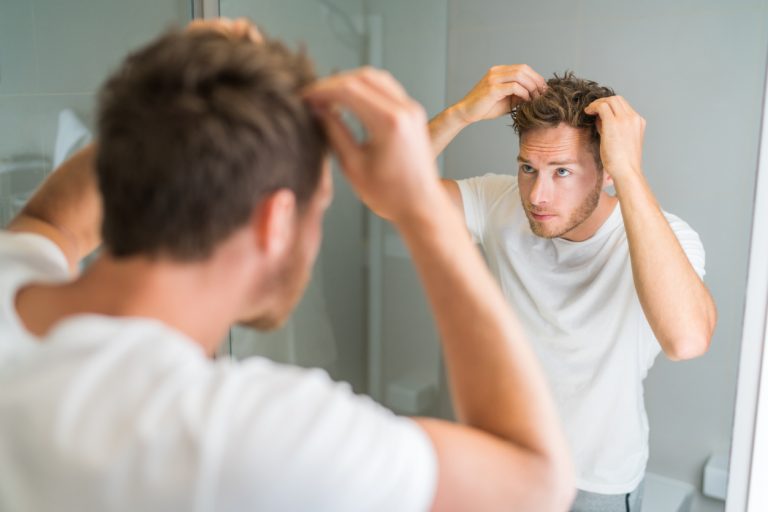
Hair loss in any person needs immediate attention if you want to address the root cause – and preserve your hair.
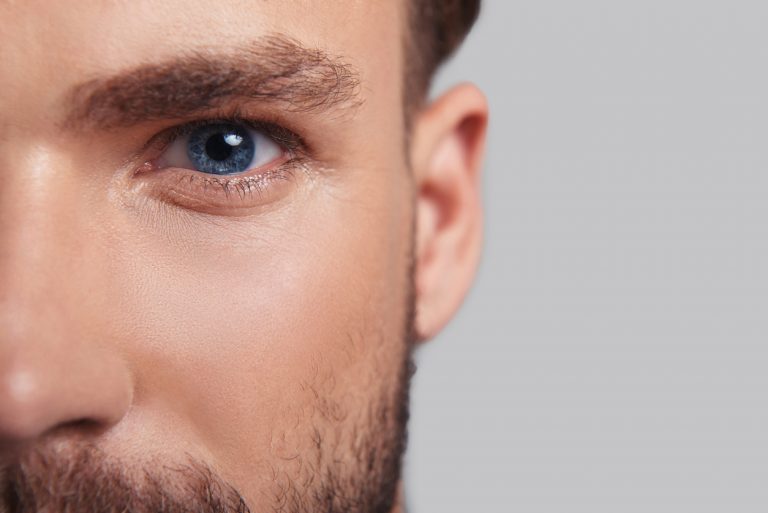
There are a lot of misconceptions out there regarding hair regrowth treatments and hair loss. We set the record straight.
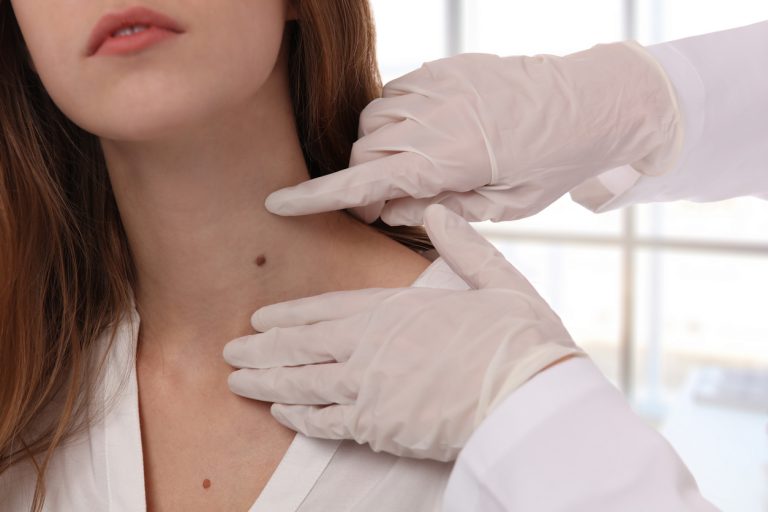
You’d be amazed at what a dermatologist treats, especially us – we’re cosmetic dermatologists too, so we have all your skin needs covered.
Subscribe to the ENRICH newsletter and receive latest news & updates from our team.
Enrich Clinic acknowledges the Traditional Lands of the Wurundjeri Woi Wurrung and Bunurong peoples of the East Kulin Nations on which we work and trade. We pay respect to their Elders past, present and emerging. We extend our acknowledgement and respect to the LGBTQIA+ community who we welcome and support. Read our full Acknowledgement Statement here
